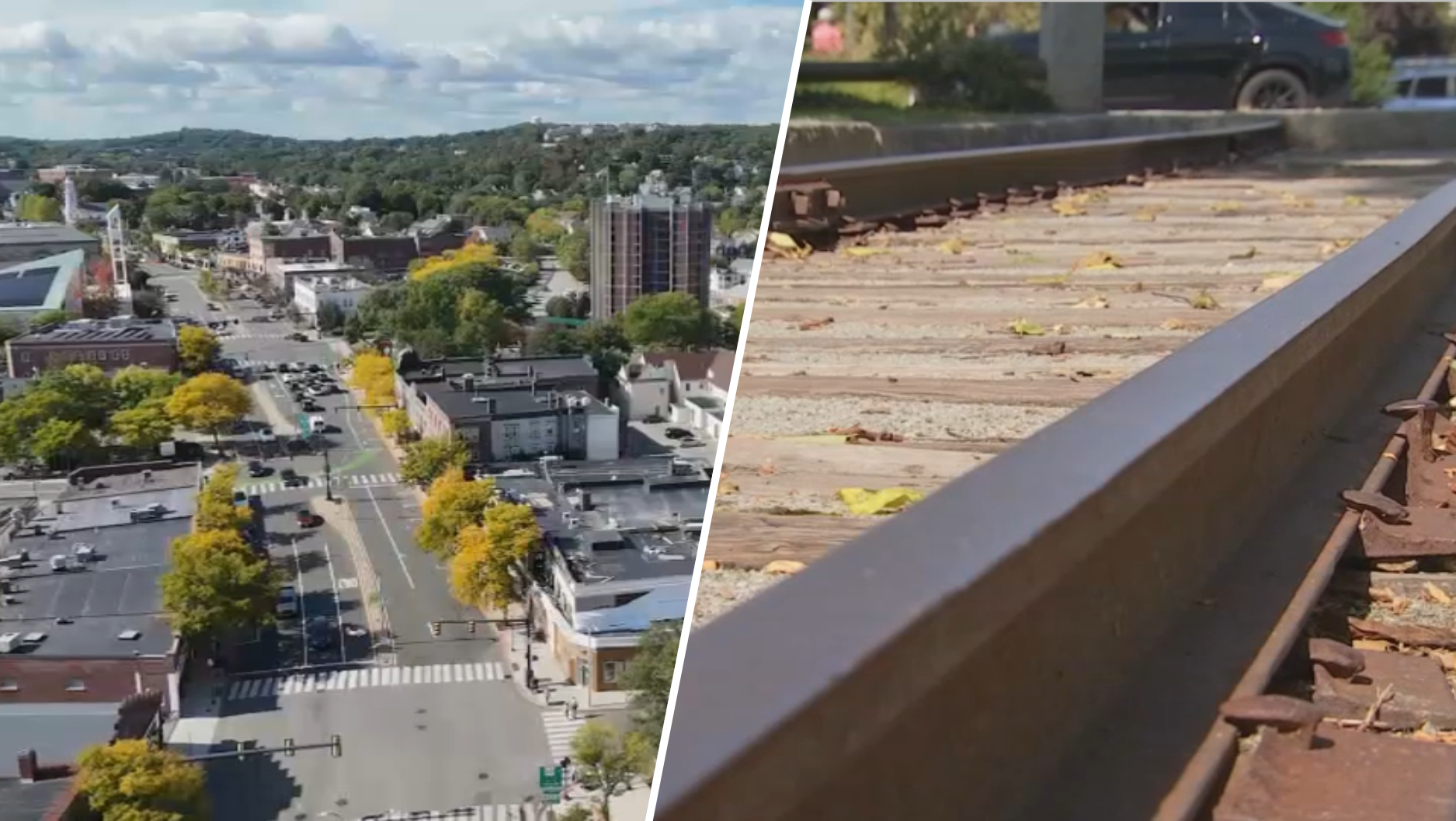Massachusetts Attorney General Andrea Joy Campbell's lawsuit against the Town of Milton is set to take center stage at the state's highest court Monday.
The lawsuit came after voters rejected a voting plan that would have complied with a state law requiring more multi-family homes built near MBTA stations.
Communities all over the Bay State will be watching what happens in court closely. That’s because Milton is really the first community to challenge the MBTA Communities Act – and then be sued by the Attorney General for doing so.
Back in February, voters in Milton shot down a zoning plan that could have cleared the way for hundreds of new housing units.
The MBTA Communities Act aims to solve the state’s housing shortage by compelling cities and towns to make it easier to build new multi-family housing near public transportation.
In all, 177 communities that the state deemed have varying levels of access to the T are covered by the law.
Attorneys for the town of Milton argue the state housing guidelines are excessive, and that Milton should not be considered a “rapid transit community” -- which carries a higher zoning requirement -- because the Mattapan Trolley that runs through town is too slow to be considered “rapid.”
They also argue Campbell overstepped her authority because they believe the Legislature specifically limited the punishment for non-compliance to loss of state funding.
Campbell insists the law does not allow for communities to opt out of the new zoning requirements, and she’s seeking court-ordered compliance.
Ultimately, the Supreme Judicial Court will decide after hearing oral arguments Monday. Briefs of support have been filed on both sides of this issue.
We likely won’t have this resolved anytime soon -- because the SJC typically takes several weeks to issue its ruling.



